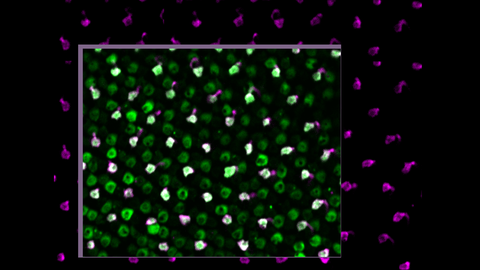
Blinding diseases lead to permanent vision loss by damaging photoreceptor cells, which humans cannot naturally regenerate. While researchers are working on new methods to replace or regenerate these cells, the crucial question is whether these regenerated photoreceptors can fully restore vision. Now, a team of researchers led by Prof. Michael Brand at the Center for Regenerative Therapies Dresden (CRTD) of Dresden University of Technology has made an important step forward...
Read More








Recent Comments